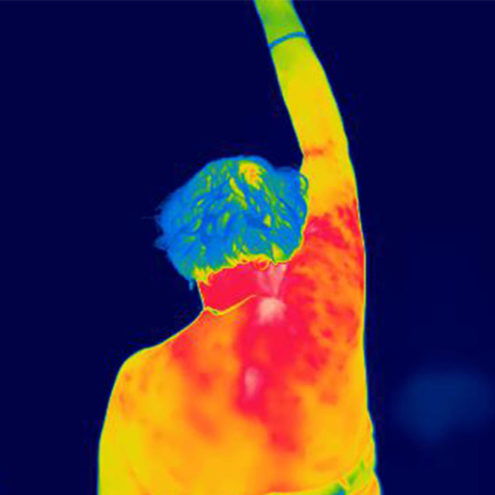Fatigue Syndrome and Sick Leave: Everything You Need to Know

What is fatigue syndrome?
Definition and Description
Fatigue syndrome is a medical diagnosis and involves physical and psychological symptoms that occur when a person has been exposed to prolonged stress and/or high mental strain without sufficient recovery.
Common symptoms and work ability
Some common symptoms of fatigue syndrome include constant tiredness that does not improve with rest, sleep problems, cognitive disorders such as memory and concentration problems, gastrointestinal problems and palpitations. Depending on the severity of the symptoms, work capacity may be affected and lead to sick leave.
Requirements for sick leave for fatigue syndrome
Medical documents and reports
In order to be granted sick leave, you need medical evidence to prove your diagnosis and how it affects your ability to work. This includes a medical certificate and possibly additional investigations such as psychological tests.
Duration and extension of sick leave
Initially, a sick leave can be granted for a shorter period, usually up to 14 days. To extend the sick leave, additional medical evidence and a new assessment are required.
What does the Social Insurance Agency say?
The Swedish Social Insurance Agency has strict rules and guidelines for sick leave for fatigue syndrome. They assess your work capacity based on the medical evidence and may request additional information to make a decision.
Sickness benefits: requirements and rights
Conditions for receiving sickness benefit
To be eligible for sickness benefit, you must have a diagnosis and a medical certificate proving that your capacity to work is reduced due to illness.
Sickness benefit qualifying income (SGI)
The SGI is the income on which the calculation of your sickness benefit is based. It usually includes your salary, but can also include other types of income such as bonuses.
How long can you get sickness benefit?
Sickness benefit can be granted for different periods depending on the severity of your condition. There is also an upper limit on how long you can receive sickness benefit, usually 365 days within a 15-month period.
Economic consequences of long-term sick leave
Long-term sick leave can have a significant impact on your finances. It is therefore important to plan and possibly seek financial support or advice to deal with this challenge.
Frequently asked questions about sick leave and fatigue syndrome
What does it take to get sick leave for exhaustion?
In order to be granted sick leave for exhaustion, you need a medical certificate confirming that your condition affects your ability to work. The doctor will make an assessment based on your symptoms and how they affect your daily life.
How long can you have fatigue syndrome?
Fatigue syndrome varies in duration from person to person. Some may experience symptoms for a few months, while others may have persistent symptoms for years. Prognosis depends on a combination of factors, including how quickly the diagnosis is made, what support you receive, and your individual health status.
How long does it take to recover from burnout?
Recovering from burnout can take anywhere from a few months to several years. Recovery time varies depending on the severity of the burnout, the physical and mental health of the individual, and the support available.
What is required for a diagnosis of fatigue syndrome?
The diagnosis of fatigue syndrome is usually based on a combination of the patient’s history, clinical symptoms and exclusion of other medical conditions. The doctor will evaluate the patient’s physical and psychological symptoms, as well as any underlying causes.
Can you call in sick for exhaustion?
Yes, if you feel that your fatigue is affecting your ability to work, you can call in sick. It is important to consult a doctor about your condition so that you receive the right care and support.
How do you feel when you are burnt out?
When you are burnt out, you may experience a range of symptoms, such as extreme fatigue, sleep problems, difficulty concentrating, mood swings and reduced ability to work. It is also common to feel emotionally drained, apathetic or even depressed. Physical symptoms can include headaches, muscle pain and stomach problems.
Final Advice and Resources
For more information about sick leave and exhaustion syndrome, visit the Swedish Social Insurance Agency’s website and 1177 Vårdguiden.
 Search
Search


































